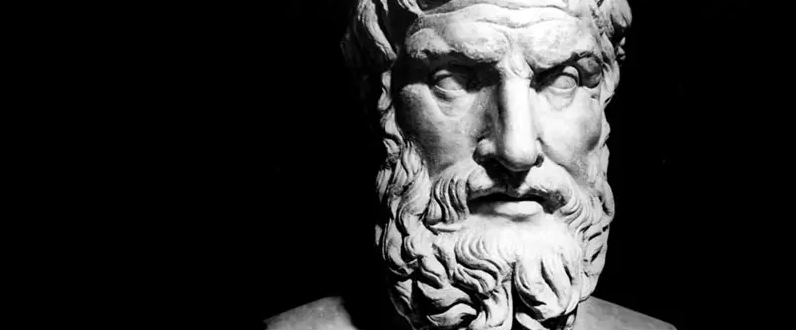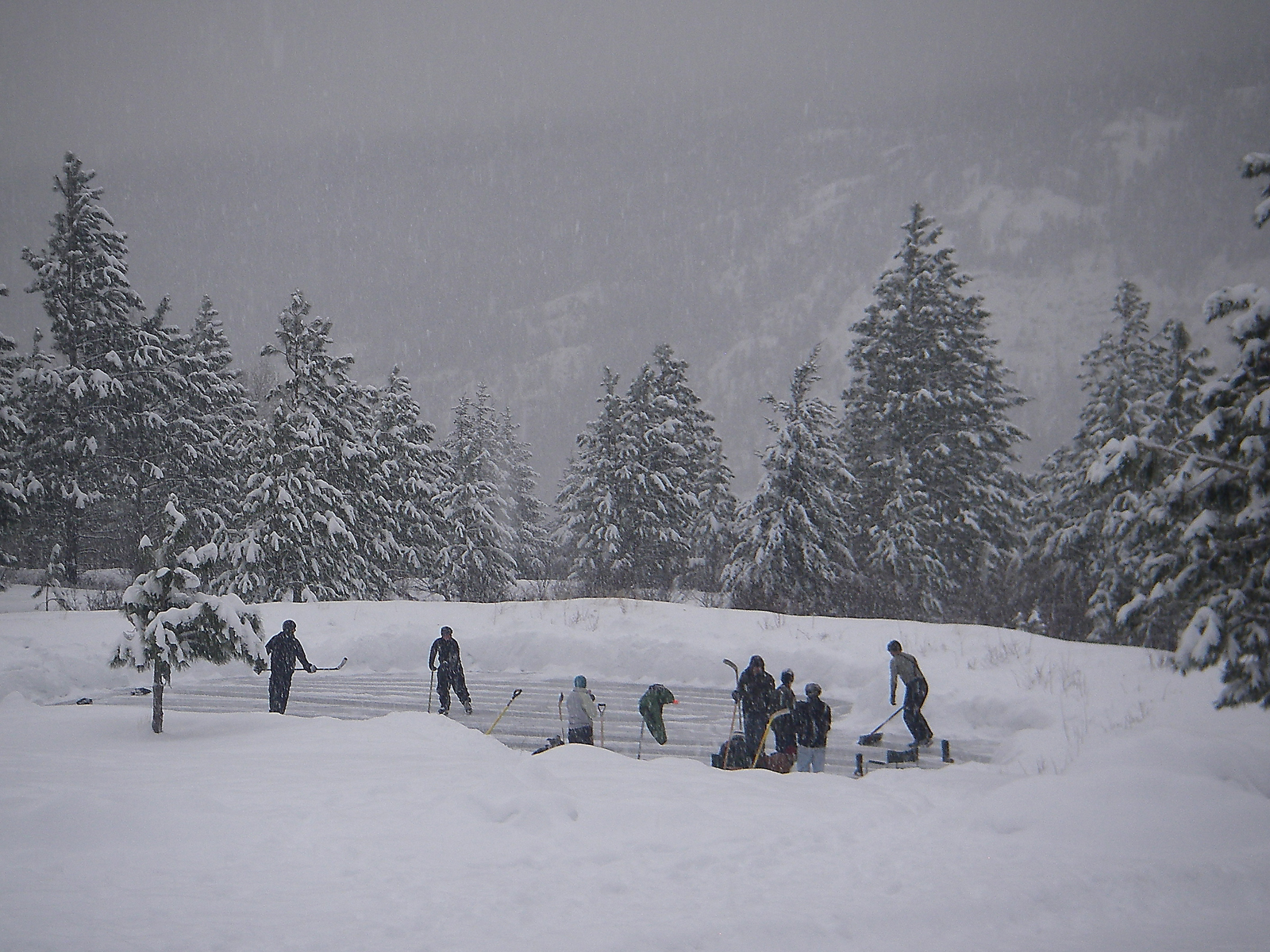EPISTLE to J. LAPRAIK, an OLD SCOTTISH BARD
While briers an' woodbines budding green,
An' paitricks scraichin loud at e'en,
An' morning poussie whiddin seen,
Inspire my muse,
This freedom, in an unknown frien',
I pray excuse.
On Fasten-e'en we had a rockin,
To ca' the crack and weave our stockin;
And there was muckle fun and jokin,
Ye need na doubt;
At length we had a hearty yokin
At sang about.
There was ae sang, amang the rest,
Aboon them a' it pleas'd me best,
That some kind husband had addrest
To some sweet wife;
It thirl'd the heart-strings thro' the breast,
A' to the life.
I've scarce heard ought describ'd sae weel,
What gen'rous, manly bosoms feel;
Thought I "Can this be Pope, or Steele,
Or Beattie's wark?"
They tauld me 'twas an odd kind chiel
About Muirkirk.
It pat me fidgin-fain to hear't,
An' sae about him there I speir't;
Then a' that kent him round declar'd
He had ingine;
That nane excell'd it, few cam near't,
It was sae fine:
That, set him to a pint of ale,
An' either douce or merry tale,
Or rhymes an' sangs he'd made himsel,
Or witty catches-
'Tween Inverness an' Teviotdale,
He had few matches.
Then up I gat, an' swoor an aith,
Tho' I should pawn my pleugh an' graith,
Or die a cadger pownie's death,
At some dyke-back,
A pint an' gill I'd gie them baith,
To hear your crack.
But, first an' foremost, I should tell,
Amaist as soon as I could spell,
I to the crambo-jingle fell;
Tho' rude an' rough-
Yet crooning to a body's sel'
Does weel eneugh.
I am nae poet, in a sense;
But just a rhymer like by chance,
An' hae to learning nae pretence;
Yet, what the matter?
Whene'er my muse does on me glance,
I jingle at her.
Your critic-folk may cock their nose,
And say, "How can you e'er propose,
You wha ken hardly verse frae prose,
To mak a sang?"
But, by your leaves, my learned foes,
Ye're maybe wrang.
What's a' your jargon o' your schools-
Your Latin names for horns an' stools?
If honest Nature made you fools,
What sairs your grammars?
Ye'd better taen up spades and shools,
Or knappin-hammers.
A set o' dull, conceited hashes
Confuse their brains in college classes!
They gang in stirks, and come out asses,
Plain truth to speak;
An' syne they think to climb Parnassus
By dint o' Greek!
Gie me ae spark o' nature's fire,
That's a' the learning I desire;
Then tho' I drudge thro' dub an' mire
At pleugh or cart,
My muse, tho' hamely in attire,
May touch the heart.
O for a spunk o' Allan's glee,
Or Fergusson's the bauld an' slee,
Or bright Lapraik's, my friend to be,
If I can hit it!
That would be lear eneugh for me,
If I could get it.
Now, sir, if ye hae friends enow,
Tho' real friends, I b'lieve, are few;
Yet, if your catalogue be fu',
I'se no insist:
But, gif ye want ae friend that's true,
I'm on your list.
I winna blaw about mysel,
As ill I like my fauts to tell;
But friends, an' folk that wish me well,
They sometimes roose me;
Tho' I maun own, as mony still
As far abuse me.
There's ae wee faut they whiles lay to me,
I like the lasses-Gude forgie me!
For mony a plack they wheedle frae me
At dance or fair;
Maybe some ither thing they gie me,
They weel can spare.
But Mauchline Race, or Mauchline Fair,
I should be proud to meet you there;
We'se gie ae night's discharge to care,
If we forgather;
An' hae a swap o' rhymin-ware
Wi' ane anither.
The four-gill chap, we'se gar him clatter,
An' kirsen him wi' reekin water;
Syne we'll sit down an' tak our whitter,
To cheer our heart;
An' faith, we'se be acquainted better
Before we part.
Awa ye selfish, war'ly race,
Wha think that havins, sense, an' grace,
Ev'n love an' friendship should give place
To catch-the-plack!
I dinna like to see your face,
Nor hear your crack.
But ye whom social pleasure charms
Whose hearts the tide of kindness warms,
Who hold your being on the terms,
"Each aid the others,"
Come to my bowl, come to my arms,
My friends, my brothers!
But, to conclude my lang epistle,
As my auld pen's worn to the gristle,
Twa lines frae you wad gar me fissle,
Who am, most fervent,
While I can either sing or whistle,
Your friend and servant.
Robert Burns, born on this day in 1759


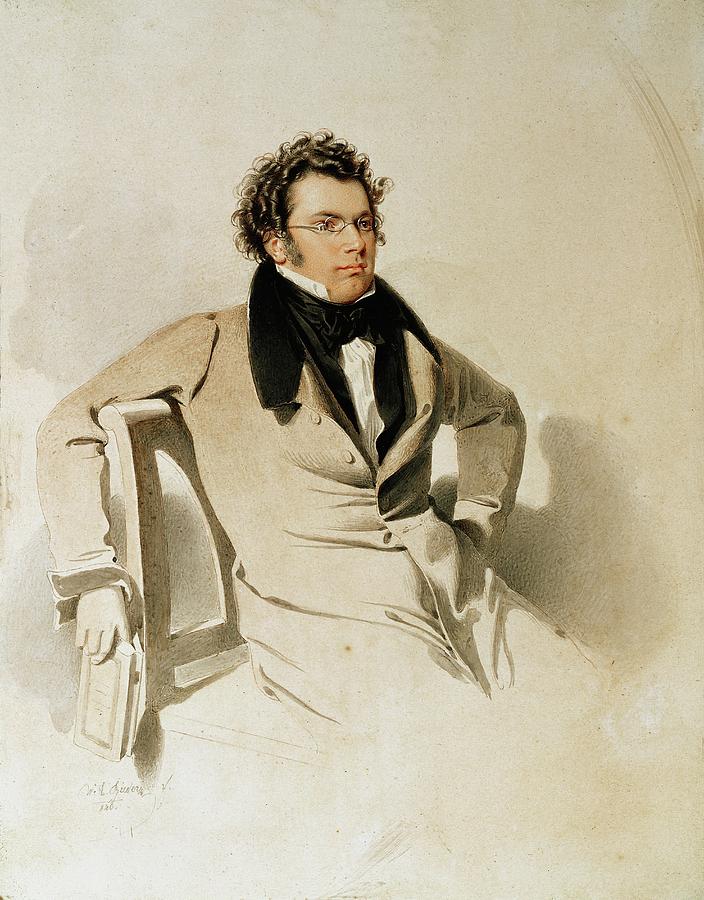




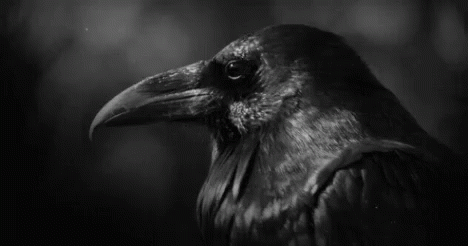
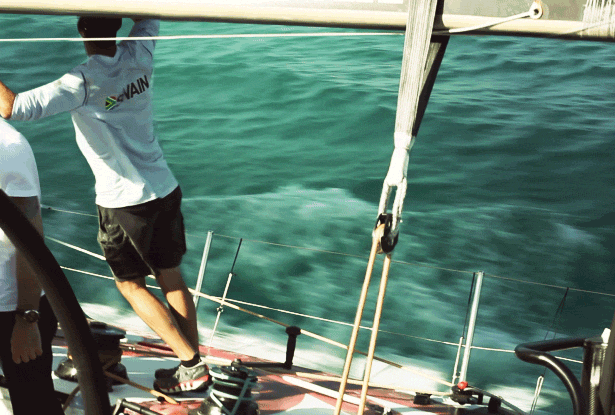











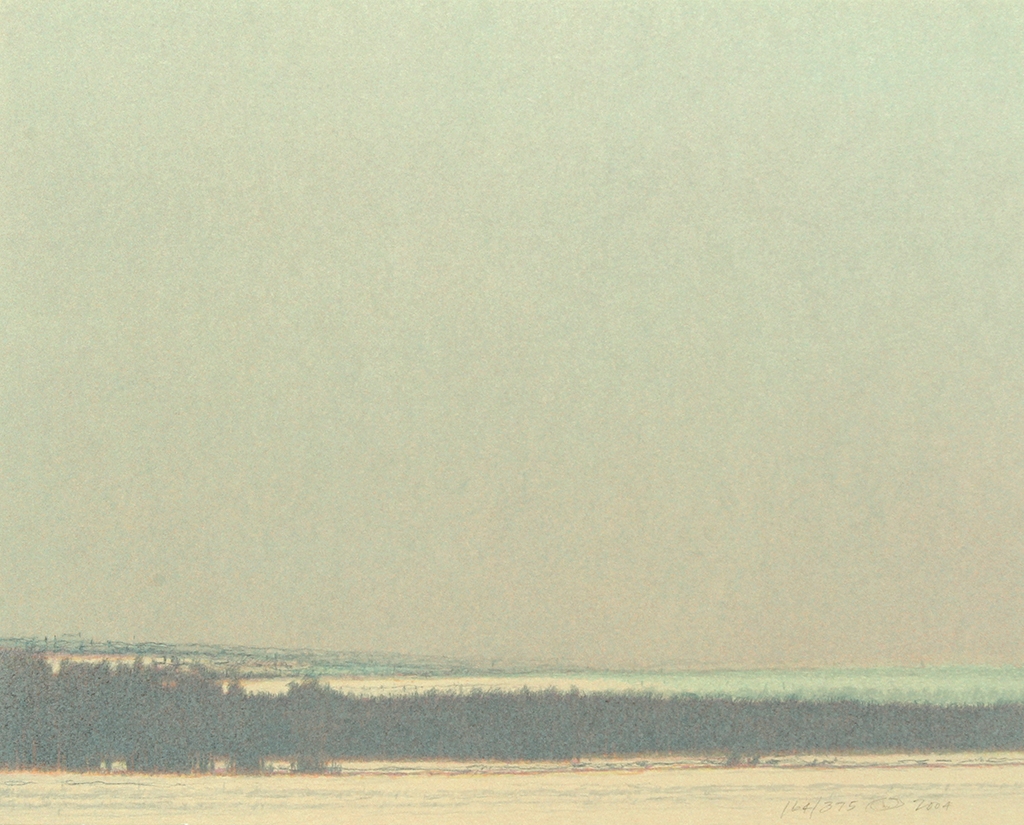
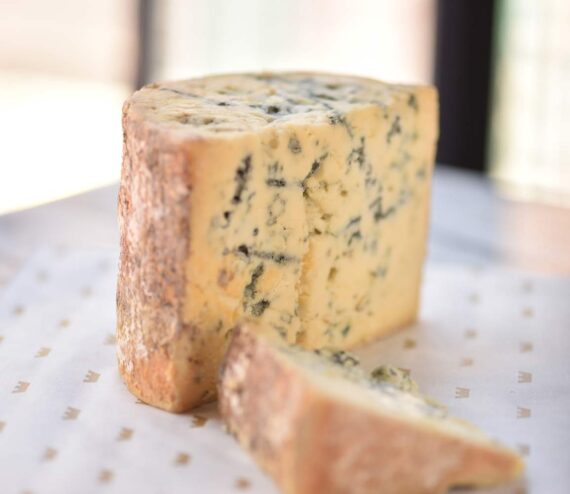






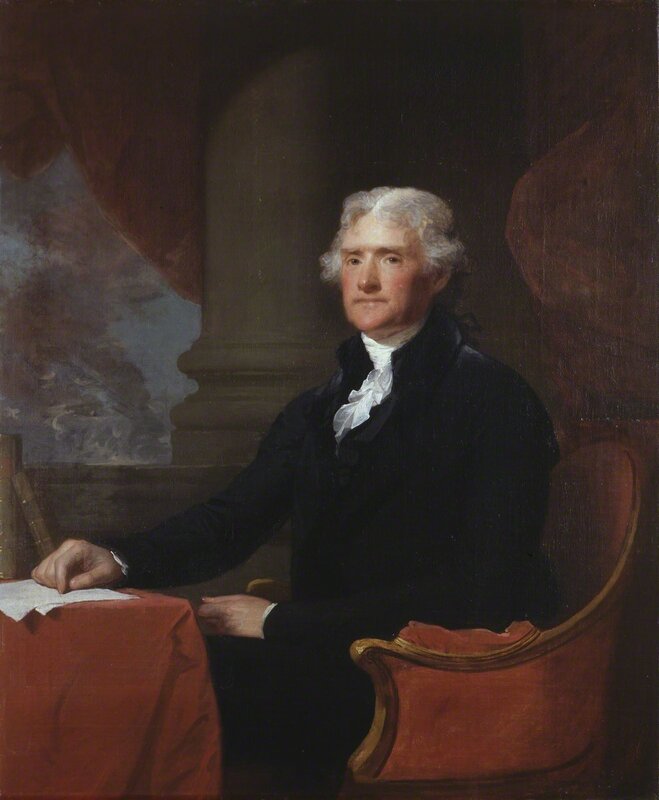



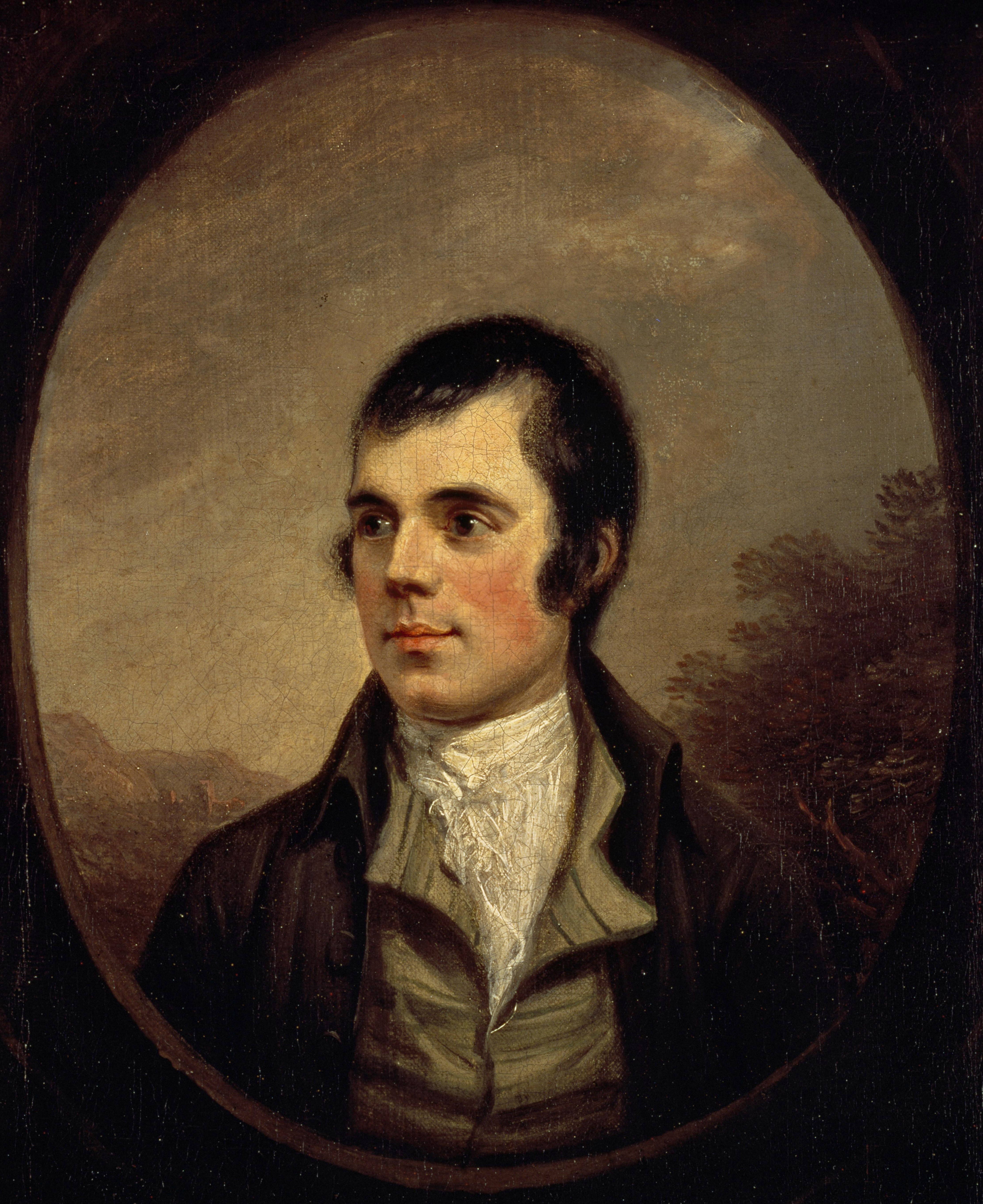

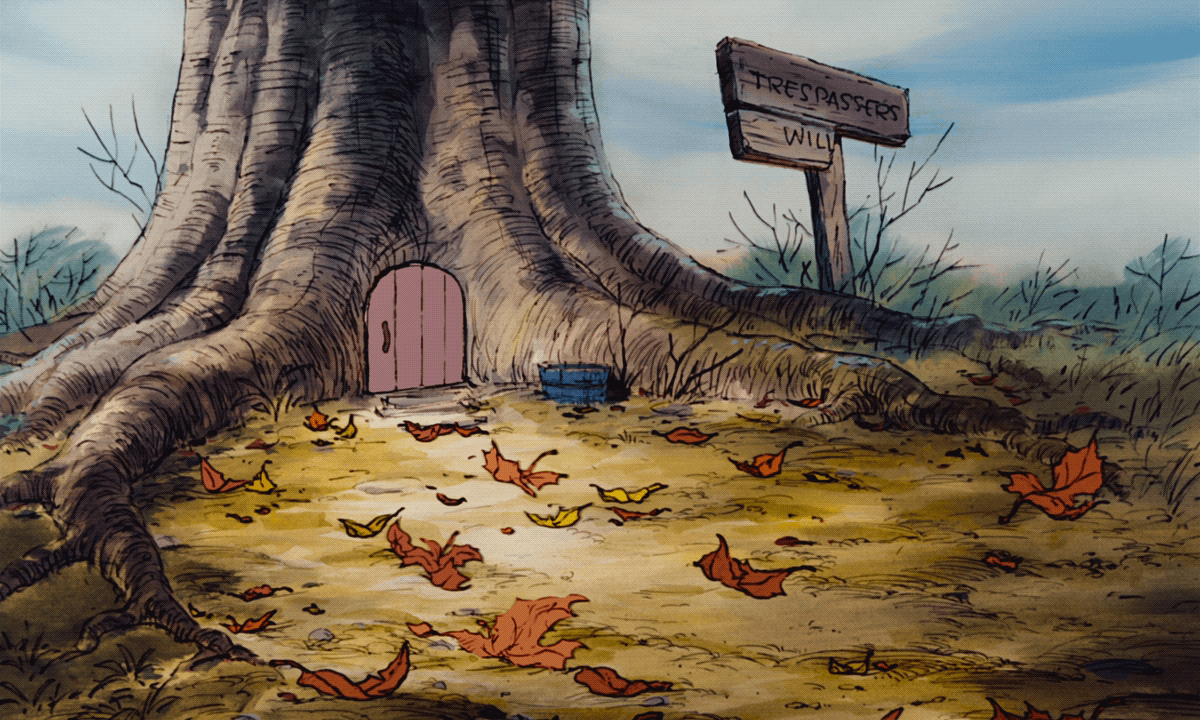
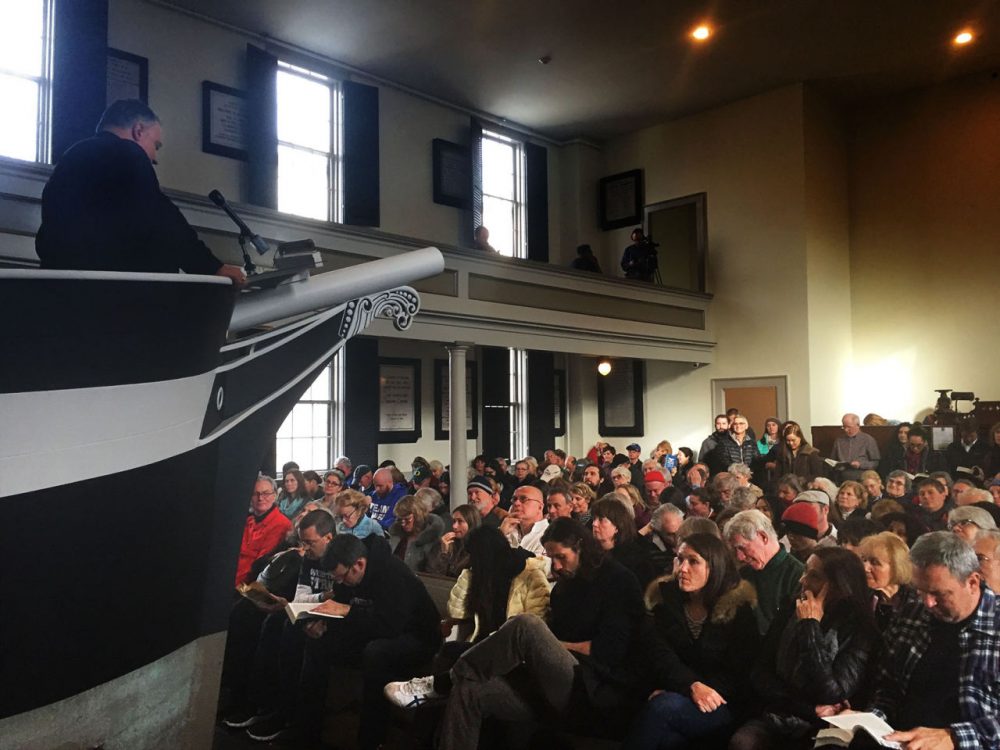


.jpg)
